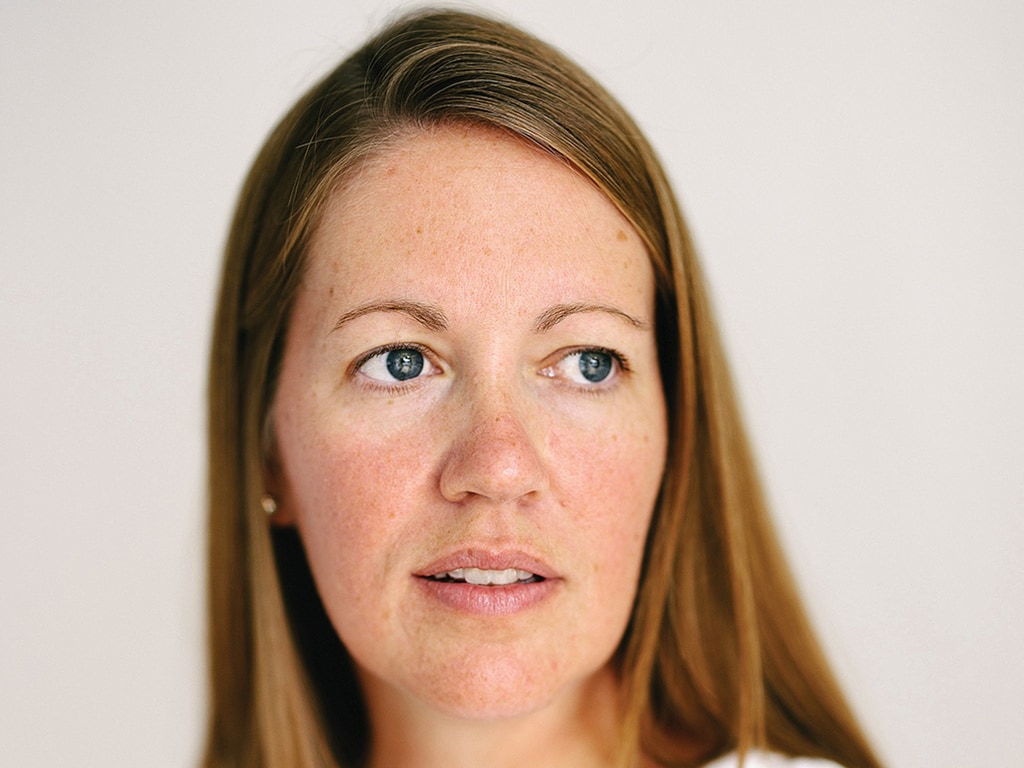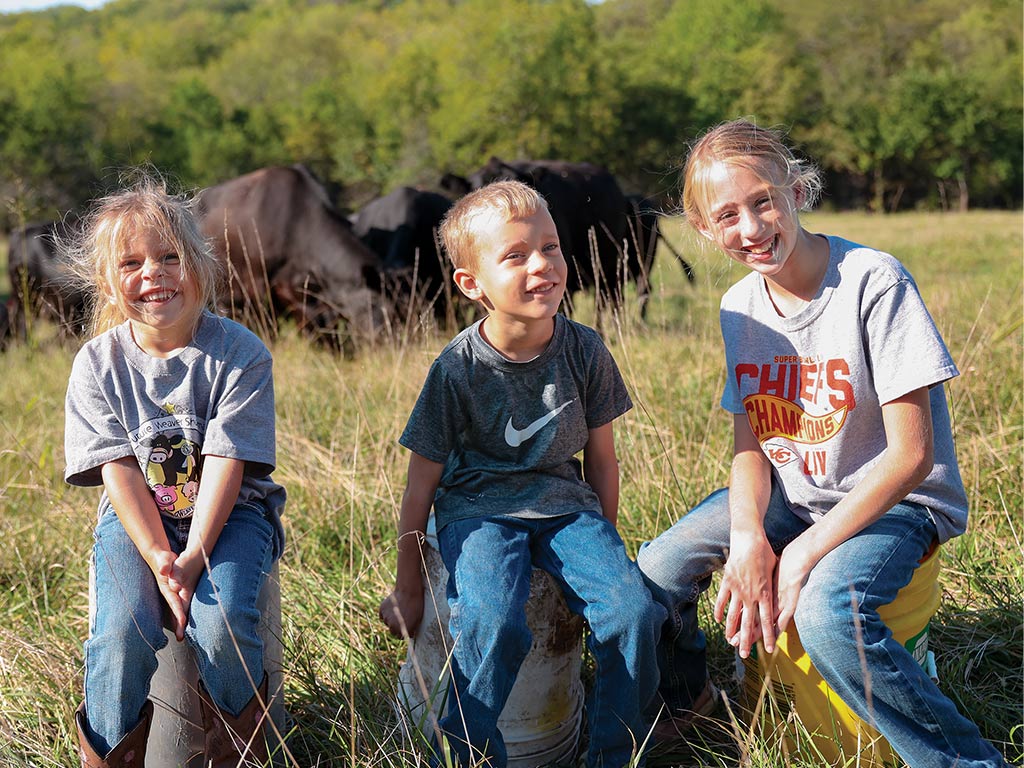Agriculture, Farm Operation February 01, 2024
Lasting Legacy
.
How to pass the farm down to non-family members.
Bryan Fishburn was just a high school student in 1999, when he began working for Mark and Brenna Wulfkuhle on Rocking H Ranch, Inc., near Lawrence, Kansas.
Over the years, Bryan became more than an employee. He watched each of the Wulfkuhles' three daughters grow up, graduate high school and attend college. The Wulfkuhles celebrated when Bryan married Diane, and have become like grandparents to the Fishburns' three kids.
When neither of the Wulfkuhles' kids chose to return to the family farm, Mark and Brenna formed a succession plan with the Fishburns, who now are part owners of a brand new entity reflecting a new partnership between the families.
The right fit. Finding non-family members to take over a family farm will be more important as older farmers reach retirement, says Clint Fischer, founder of Braintrust Ag and attorney at Ribstein and Hogan Law Firm in Brookings, South Dakota.
Bryan and Diane's existing relationship with the Wulfkuhles made them a perfect fit, yet other farmers may not be so fortunate.
"The first and best option is someone with whom you already have a preexisting relationship with," Fischer says. "How many young people are involved in feed or seed sales, or agronomy, and want an opportunity to farm but don't have an operation back home?" Fischer says. "Maybe we can identify someone in our broader circle whose history we know who may be a good fit."
A second option is to have an application process, not unlike most professional jobs. One of Fischer's clients has potential partners take a personality test to see if principles are aligned.
No matter what, the successor generation must complement the owner, and be willing to embark upon an apprenticeship that could last for multiple years. In short: learn to be an employee before becoming an owner.
"It's important for that successor generation to know they aren't coming in with an assumption that they are entitled to anything," Fischer says. "They need to understand it is a great opportunity to one day own all or part of this farming operation, yet in the meantime, be humble enough to recognize they need to learn from somebody who has been successful at this for many years."
The Wulfkuhles watched Bryan grow from doing hard jobs on the farm, gradually giving him more responsibilities. "I feel he got more connected to the farm as his responsibilities grew," Mark Wulfkuhle recalls.
Above. A bright farming future is on the horizon for Haylie, Charlie and Makenzie Fishburn. Their parents Bryan and Diane have formed a farm partnership with Mark and Brenna Wulfkuhle, near Lawrence, Kansas.
Keeping the farm. It would be easy for many last-generation farmers to part out their operation to the highest bidder.
"But," Brenna Wulfkuhle says, "that's not in Mark's DNA."
Mark spent a lot of time thinking about how he wanted to stay involved in the farming operation, ensuring there would be income for him and Brenna, while bringing another generation on. Once they started the process to bring the Fishburns into the operation, it didn't take long to develop plans and narrow them down.
"I lay awake at night thinking about this," Mark says. "You kind of have to have a really good game plan in your head or write it down.
"The process doesn't have to be perfect; our professional agriculture partners were vital in cleaning up the edges," he adds. "But you have to have a game plan with a goal, and Brenna and I needed to know where we wanted to be in five or 10 years."
The four of them—Bryan and Diane, Mark and Brenna—sat down to hash out questions and have frank discussions about the farm's future.
"I wondered how much this was going to cost, and what are we buying?" Diane recalls. "There was a lot of stuff here. I wondered what we were getting into and what the structure was going to look like."
Mark and Brenna took those questions to their attorney and accountant to develop the succession plan. The two families created a new LLC called 2BMD Farms, which rents and/or buys farm equipment from the Wulfkuhles' other company, Rocking H. The Wulfkuhles retain majority ownership of 2BMD's shares, while the Fishburns are buying additional shares over time. The Wulfkuhles retain ownership of their farmland and lease it to 2BMD Farms.
Ground leased previously by Rocking H is now leased by 2BMD. Meanwhile, both parties are paid by any profits from 2BMD Farms.
If it doesn't work? Not every farm transition will be seamless. Fischer suggests both parties should have protections in place.
Ideally, the operating entity should have specific buyout language that protects each generation. This is a rough edge the professionals work through.
At 2BMD, the owners are confident in the plan they have developed, and they believe other families can take the same approach to keeping their farm legacy intact. It requires communication, brainstorming and trust, Brenna says.
"People are shocked," she explains. "But this is a way to transition agriculture in rural Kansas to a young, like-minded family." ‡
Read More

AGRICULTURE, EDUCATION
All Work and No Play…Is No Joke
Embracing fun, community, music, and creativity grows resilient farm families at all ages and stages.

AGRICULTURE
Mental Strength
Developing it in the hardest chapter of my life.


